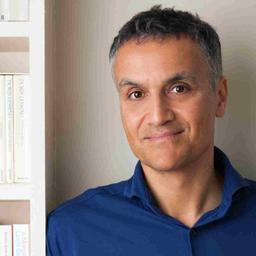The other day, I was waiting in line to board a bus in London when a scuffle broke out. A woman was trying to force her way to the front, and two people were pushing back.
In Britain, queue-jumping is a crime on a par with farting in an elevator. Even so, when someone told the woman to wait her turn like the rest of us, she shot back, “Patience is for losers.”





